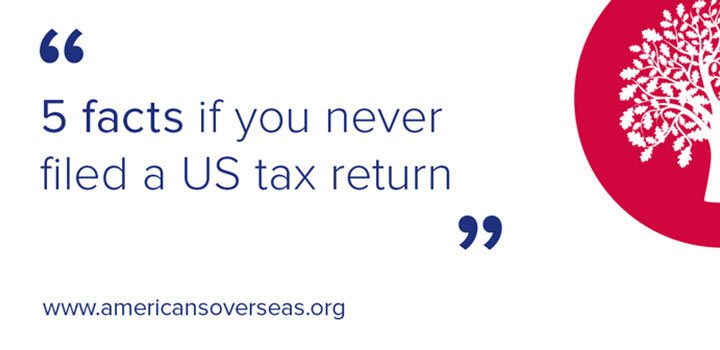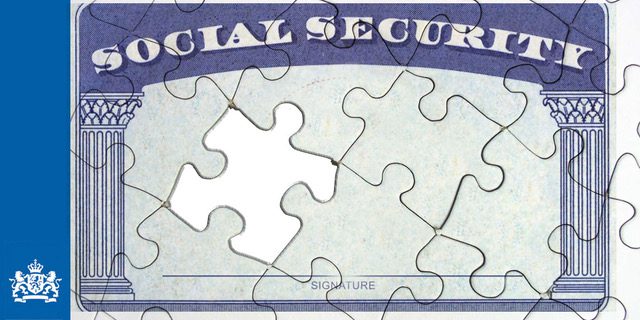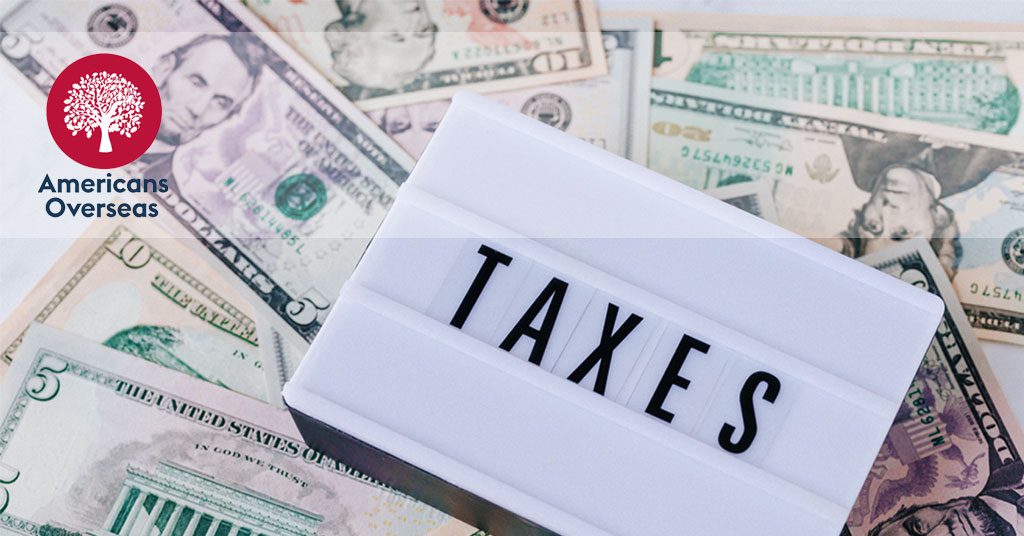
News: Progress on FATCA dossier presented to Dutch Parliament

The Hague – On September 19th the deputy finance minister of the Netherlands, Eric Wiebes, communicated the following update about Dutch efforts and subsequent progress on the FATCA dossier in a letter to the Dutch Parliament. (The following excerpts have been translated from Dutch)
‘In mid-July there has been another consultation at the department with representatives of the Dutch Banking Association NVB, various financial institutions, and Americans Overseas. Talks centered around access to financial services for Dutch citizens with a US nationality (hereafter: US Persons). Various points have been considered.’
SSN application procedure
‘Firstly, we have spoken about lengthy SSN/TIN application procedures which occur in some cases. The US consulate has stated that, upon request, it sends letters to persons requesting an SSN/TIN. This letter confirms that the application procedure has commenced. Such a letter may serve US Persons to inform financial institutions about the commencement of the application process. The NVB has affirmed that new bank accounts may be opened at plenty of financial institutions granted that a copy of this letter is presented.
It is in the interest of a US person to timely start an SSN/TIN application procedure if they have not done so already. The SSN/TIN registration number is necessary to meet US tax requirements. For cases that unintentionally have not complied with US taxation regulations, the US currently still has an amnesty procedure.
US Persons without SSN
The Dutch Ministry of finance has once again corresponded with the US consulate with suggestions on how to better reach out to US persons who do not have an SSN/TIN as of yet.
A concrete suggestion was to include extra information on the obligation of securing an SSN/TIN in the regular newsletters sent out by the American consulate.’
IRS guidance on FATCA
‘The last topic discussed was the IRS’ announcement about a forthcoming FATCA guidance for situations in which financial institutions do not have an SSN/TIN for every existing account. This guidance may alleviate (some of) the worries of Dutch financial institutions about the scope and impact of the American regulation, depending on its contents.
The ministry has drafted suggestions on shaping transitional guidance and referred these to American counterparts. The main suggestion is to structure the implementation of FATCA more in line with the implementation of the Common Reporting Standard (CRS), a standard for automatic data exchange devised by the OECD.
Mr. Wiebes will inform parliament about replies from the US side on earlier Dutch initiatives and combined European efforts regarding FATCA.
More questions about FATCA dossier Dutch parliament?
Contact Americans Overseas here.
Contact us for more information
Source: https://www.rijksoverheid.nl/documenten/kamerstukken/2017/09/19/fiscale-moties-en-toezeggingen-tweede-kamer/
Frequently asked questions
Understanding the US tax system, the obligations, and all the additional terms can be difficult. Especially if one lives outside of America. Is your question not answered? Contact us.
-
Who is required to file taxes in the US?
U.S. citizens and resident aliens who live abroad are generally required to file a federal income tax return and pay taxes on their worldwide income.
Read more... about Who is required to file taxes in the US? -
Do US citizens living abroad still have to file taxes in the US?
Yes, US citizens are required to file taxes on their worldwide income, regardless of where they are living.
Read more... about Do US citizens living abroad still have to file taxes in the US? -
How can I cash my US check?
Received an American check? You can cash your check in the following ways: cash the check at your own bank, transfer to another person (endorsement), cash checks using an online service or cash the check by another bank.
Read more... about How can I cash my US check? -
Are there any special tax forms required for US citizens living abroad?
US citizens living abroad may be required to file Form 2555 and/or Form 1116 to claim the foreign-earned income exclusion.
Read more... about Are there any special tax forms required for US citizens living abroad? -
What is FBAR filing?
FBAR (Foreign Bank Account Report) filing is the requirement for certain U.S. individuals and entities to report their foreign financial accounts to the Financial Crimes Enforcement Network (FinCEN) of the U.S. Department of Treasury. The FBAR filing requirement applies to U.S. persons who have a financial interest in, or signature authority over, one or more foreign financial accounts if the aggregate value of those accounts exceeds $10,000 at any time during the calendar year.
Read more... about What is FBAR filing?





